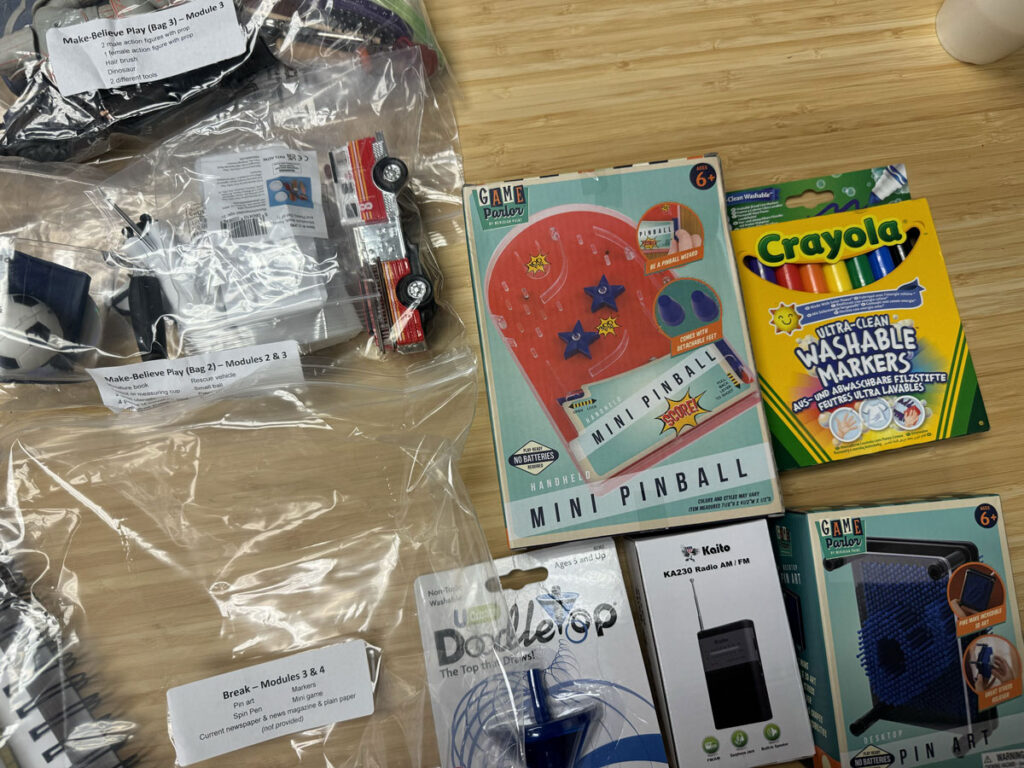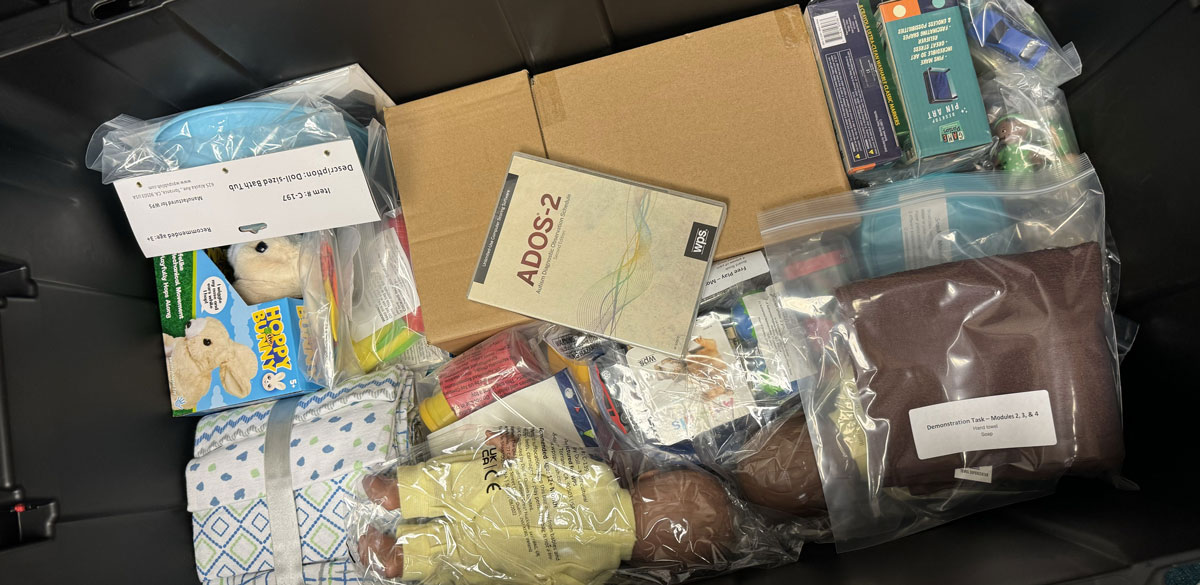ADOS-2: The Gold Standard for Autism Evaluations
In the United States, one in 36 children has autism. Despite its prevalence, diagnosing the condition continues to be a challenge because of the disparities in the autism evaluation process and how the condition can vary in each child. Those difficulties are what the Autism Diagnostic Observation Schedule-Second Edition (ADOS-2) tackles.
If you’re familiar with the ADOS-2, “Gold Standard” is probably a phrase you’ve heard attached to it. But why is this diagnostic method so effective? Learn more in this guide to the ADOS-2 evaluation process.
What Is the ADOS-2?
The ADOS-2 is an autism assessment tool that makes it easier to diagnose the condition in children and adults. It employs an interview or play session, which is determined by the individual’s age and communication levels.
The ADOS-2 evaluation is semi-structured and allows examiners to obtain information in the areas of reciprocal social interactions, communication, and repetitive and restrictive behaviors associated with autism. The ADOS-2 is made up of the following four modules:
- Module One: Most appropriate for those who lack consistent communication and verbal skills
- Module Two: For young children with limited but present communication skills, encouraging kids to move around the room and interact with objects
- Module Three: Best for those who play with age-appropriate toys and who are fluent in verbal communication
- Module Four: For individuals who play with toys beyond their age, allowing for conversational elements
It’s important to note that the ADOS-2 should not be the sole diagnostic tool used. Instead, it should be part of a comprehensive evaluation.
Why Is the ADOS-2 Considered the Gold Standard for Autism Evaluations?
The ADOS-2 evaluation is considered the gold standard because it provides standardized questions and activities. These offer opportunities for examiners to diagnose autism spectrum disorders by observing behaviors associated with them.
It does this through planned social activities crafted for a variety of developmental levels and ages. These activities allow examiners to assess communication skills and social interactions, which can quickly point to autism spectrum disorders.
The ADOS-2 is a relatively short assessment, typically lasting between 45 and 60 minutes, making it efficient while remaining accurate. The assessment’s consistency across a variety of settings, clients, and clinicians makes it one of the most useful diagnostic tools for autism.
Who Are Candidates for the ADOS-2 Assessment?
ADOS-2 candidates can be as young as 12 months and range all the way up to adults. It’s best suited for people without significant motor or sensory impairments, including being deaf or a wheelchair user.
The reason the ADOS-2 evaluation is appropriate for such a wide range of people is its many modules. They allow examiners to select the most suitable option for an accurate assessment.
When Should Someone Consider Undergoing an ADOS-2 Evaluation?
Experts recommend that all children be screened for autism at their 18 and 24-month wellness check-ups, but these assessments are generally not in-depth. Some children don’t show signs of autism until they’re three years old or older, either, making it important for parents to watch for signs themselves.
Some of the things to watch for include when your child:
- Doesn’t respond to their name
- Doesn’t show facial expressions
- Uses few or no gestures
- Avoids eye contact
- Gets upset by small changes
- Plays with toys the same way every time
- Rocks body or performs other repetitive movements
- Repeats words or phrases
- Must follow certain routines
For teens, an ADOS-2 evaluation can be helpful if they struggle with social interactions, especially with understanding what others are feeling and catching non-verbal cues. Other signs they could be on the spectrum are having intense interests, needing to perform repetitive movements, and having difficulty with long-term planning.
What Can Individuals Expect During an ADOS-2 Evaluation?
If your child is about to have an ADOS-2 evaluation, you want to keep in mind that the examiner will be someone with whom they have had little contact. This allows them to get a clear result that isn’t affected by previous interactions.
The expert will ask the child to engage in many activities. The exact activities will depend on your child’s age and communication level. Common tasks include:
- Building with blocks
- Telling a story
- Using their imagination
- Engaging in conversation

Examiners will watch to see if your child interacts with others as well.
For toddlers and children, parents will generally be asked to be present in the room while the evaluation takes place. The examiner may request that you interact with your child at specific moments. For teens and adults, the assessment is done one-on-one.
The examiner may offer the results of the assessment right after the evaluation is completed, or they could schedule a consultation for this purpose. Parents will also receive a written report with recommendations for next steps.
Who Is Qualified to Conduct an ADOS-2 Assessment?
To conduct an ADOS-2 assessment, the examiners should have a master’s degree in fields such as:
- School Counseling
- Psychology
- Speech-language pathology
- Occupational therapy
- Special education
- Education
- Social work
The examiner should have previous experience conducting individually administered tests. Ideally, they should also have a background in assessing autism spectrum disorders.
Measuring Minds: Offering Answers
At Measuring Minds, our team of experts is dedicated to providing comprehensive psycho-educational evaluations in a number of areas. With free consultations to help determine your child’s needs, Measuring Minds offers answers that can help you get your child the individualized assistance they deserve.
Our South Florida team provides assessments of autism spectrum disorders using the ADOS-2 evaluation as well as a number of other autism diagnostic tools for a comprehensive examination that can yield the most accurate results. After you receive the evaluation results, we will talk them through in an in-depth consultation.
If you’re concerned about your child’s development and want to have them evaluated, we can help. Contact Measuring Minds to schedule a free consultation with one of our experts.



